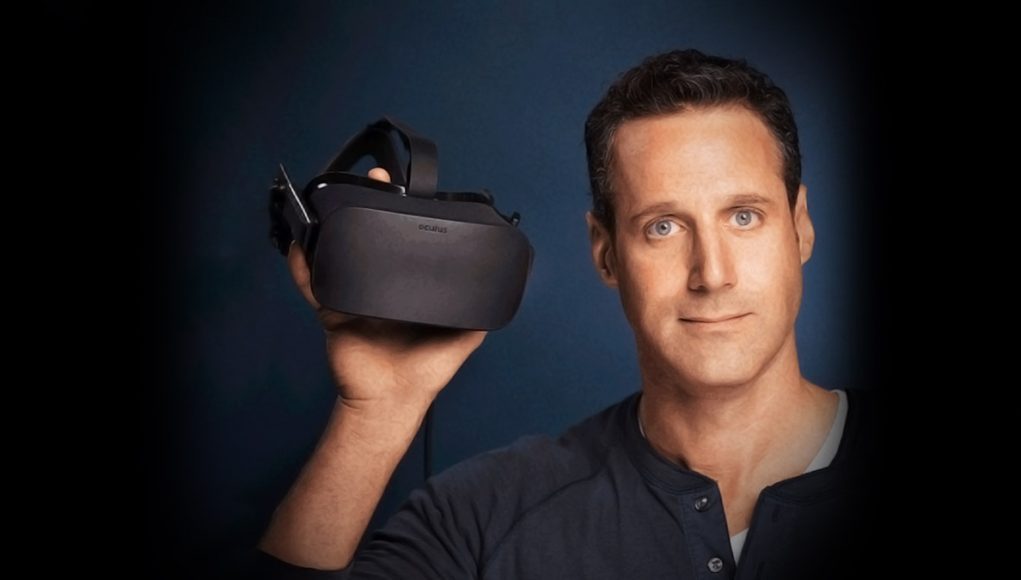Everyone in the VR industry can envision a world in the next 10 years that’s radically changed by virtual reality. From healthcare, education, social, training, cinema, gaming, and more, VR has a lot of Killer Use-cases. But it seems most of the industry is in agreement that the Killer App—a single, platform-defining piece of software that compels buyers—has not yet arrived. Oculus’ Jason Rubin weighs in on how we might come to find it.
Every day this week leading up to the 2017 Game Developers Conference in San Francisco, we’re featuring insights on the hunt for the killer app from virtual reality’s leading companies. Today we hear from Jason Rubin, Head of Content at Oculus.
Jason Rubin
Rubin is the head of content, the team at Oculus responsible for collaborating with developers to build games and experiences for Rift and Gear VR. A 30-year veteran of game development, Jason was the co-founder of Naughty Dog where he created the hit games Crash Bandicoot and Jak & Daxter. He also co-founded the media mashup tool Flektor, which he sold to Fox Interactive, and was president of THQ Inc.
Road to VR:
What traits do you think VR’s Killer App needs to have?
Rubin:
The honest answer to this question is that we won’t know until we have a killer app. Intuitively, I think the app will be large scale, multi-user or social, and “endless” in the way that World of Warcraft (2004) or a multiplayer game is. But every single one of those ideas could be dead wrong if a brilliant app figures out some nuance of VR gaming or experience that tickles the fancy of the community without any of those features.
Killer apps become killer apps, they are not created to be such. In the PlayStation era, depending on who you ask the killer app was Crash Bandicoot (1996), or Tomb Raider (1996), or Gran Turismo (1997). But I can tell you from personal experience, Naughty Dog never set out to make the killer app, we set out to make the best character action game we could and the community reacted enthusiastically. I am sure the same is true of Halo (2001), or Grand Theft Auto III (2003), or whatever.
Road to VR:
If you had to make a bet, which sector of VR would you predict as the place where the first Killer App emerges?
Rubin:
On PC, I would guess the first killer app will be a game, simply because the audience is mostly made of gamers right now. On mobile, there is a broader mix of experiences and gaming. Face Your Fears (2016) from Turtle Rock continues to amaze us in terms of time spent and retention and is a great example of a surprise hit that we expect to see more of this year and beyond.
Road to VR:
Do you think VR’s Killer App will launch in 2017?
Rubin:
Developers have had VR dev kits for about 2 years now—that’s enough time to create some truly compelling experiences. In game development, it’s enough time to create titles with great depth and polish, although many games take much longer than that. So I think this year is definitely the year that people continue to see experiences that surprise them and bring something new they haven’t seen before. Whether one of those games or experiences ends up being the one that becomes the killer app, we’ll have to wait and see. I would also wager that if we anoint a successful, hardware selling app as “killer” in ’17 then we’ll be replacing it in ’18 with something bigger, in ’19 again, and on and on for quite a while. VR is still in its early stages.







